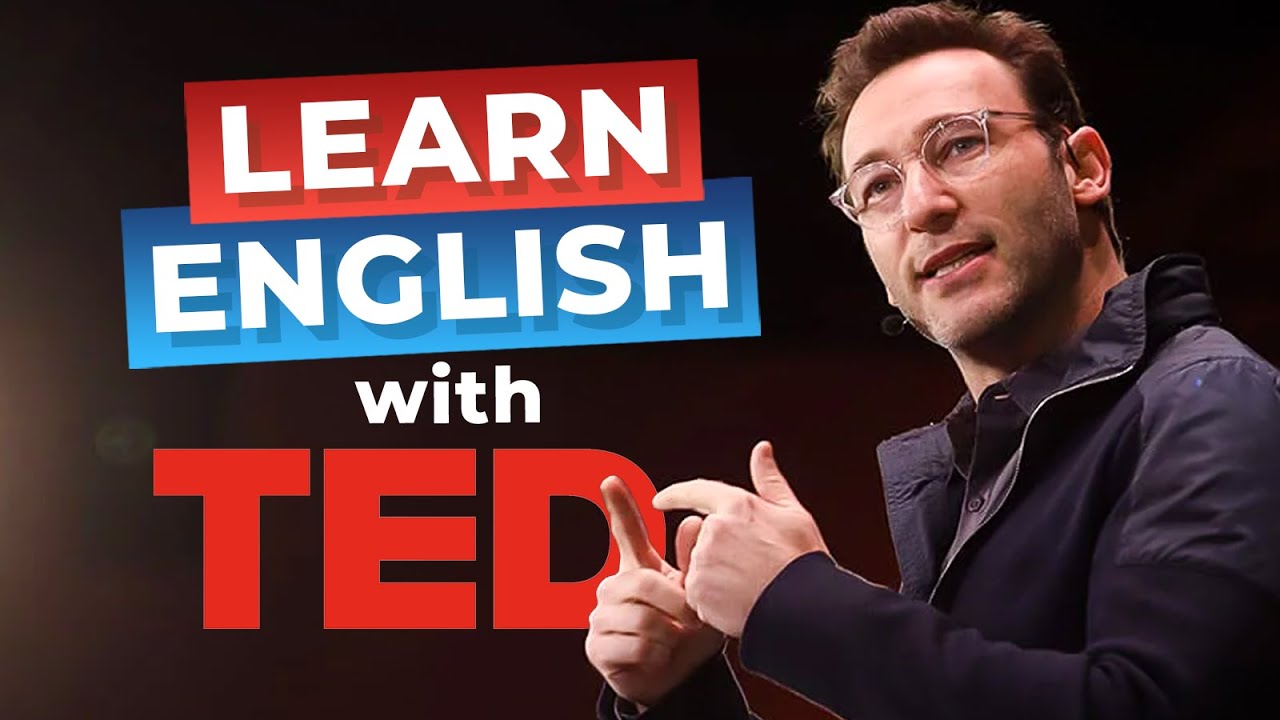Brené Brown Leaves the Audience SPEECHLESS | One of the Best Motivational Speeches Ever
Summary
TLDRIn this video transcript, Brené Brown discusses the concept of belonging and how it relates to freedom. She challenges the idea that belonging nowhere equates to freedom, arguing instead that true belonging is a spiritual practice that involves both being part of something and having the courage to stand alone. Brown also shares her personal values of faith and courage, emphasizing the importance of not betraying oneself for the sake of fitting in. She introduces the BRAVING acronym as a tool for trust-building, which includes boundaries, reliability, accountability, vault (confidentiality), integrity, non-judgment, and generosity.
Takeaways
- 🎓 The speaker found inspiration in Brené Brown's work, particularly her emphasis on the importance of love and belonging, which contrasts with the idea of being 'free when you belong nowhere'.
- 🧠 As a social scientist, the speaker asserts that suffering is present in the absence of love and belonging, challenging the notion that one is free only when not belonging to any place or group.
- 🔍 The concept of 'true belonging' is explored as a spiritual practice that involves both being part of something and having the courage to stand alone, especially when it means risking one's sense of belonging.
- 💪 The speaker emphasizes the importance of personal values, particularly faith and courage, in leadership and personal integrity.
- 🚫 The speaker refuses to compromise on personal values, even in professional settings, advocating for authenticity and the importance of discussing faith and courage in leadership.
- 🌟 A key message from Brené Brown's work is the idea that our worth and belonging are not determined by others but are inherent within us, and we should not seek external validation for these.
- 🌱 The speaker shares the BRAVING acronym as a tool for trust-building, which stands for Boundaries, Reliability, Accountability, Vault (confidentiality), Integrity, Non-judgment, and Generosity.
- 🗣️ The importance of setting boundaries and being clear about what is acceptable and unacceptable is highlighted as a fundamental aspect of trust and personal integrity.
- 🤝 The concept of the 'Vault' is introduced to discuss the importance of confidentiality and the negative impact of sharing others' stories without permission, which can erode trust.
- 🌈 The speaker concludes by encouraging individuals to embrace their 'wilderness', the times of standing alone, and to use the principles of 'braving' to navigate through uncertainty and self-doubt.
Q & A
What is the speaker's relationship with the person referred to as 'foreign'?
-The speaker has been inspired by 'foreign' for about 30 years, considering her as a steadfast counselor and finding comfort and joy in her work.
What quote from 'foreign' has been troubling to the speaker?
-The quote that has troubled the speaker is 'you're free when you belong nowhere.'
How does the speaker define 'true belonging'?
-True belonging is described as a spiritual practice that involves finding sacredness in both being part of something and having the courage to stand alone.
What does the speaker believe is essential for human beings according to their research?
-The speaker believes that love and belonging are essential for human beings, stating that in the absence of these, there is always suffering.
What are the two personal values the speaker identifies with?
-The speaker's two personal values are faith and courage.
Why does the speaker feel it's important to not negotiate one's identity with others?
-The speaker believes that negotiating one's identity with others is a form of betrayal to oneself, and they are unwilling to betray themselves anymore.
What is the acronym 'BRAVING' that the speaker uses to describe elements of trust?
-BRAVING is an acronym that stands for Boundaries, Reliability, Accountability, Vault, Integrity, Non-judgment, and Generosity, which are the seven elements the speaker identifies as crucial for building trust.
How does the speaker suggest handling situations where trust is broken or questioned?
-The speaker suggests addressing trust issues by focusing on the specific elements of trust that are affected, such as boundaries, reliability, accountability, etc., rather than making general statements about trust.
What does the speaker mean by 'Vault' in the context of trust?
-The 'Vault' refers to confidentiality, ensuring that one does not share information that is not theirs to share, and also not using others' stories as a means to connect or gain trust.
What advice does the speaker give for dealing with the fear of standing alone?
-The speaker advises to reach deep into one's 'wild heart' and remind oneself of their inherent strength and identity, stating 'I am the wilderness,' to overcome the fear of standing alone.
Outlines

This section is available to paid users only. Please upgrade to access this part.
Upgrade NowMindmap

This section is available to paid users only. Please upgrade to access this part.
Upgrade NowKeywords

This section is available to paid users only. Please upgrade to access this part.
Upgrade NowHighlights

This section is available to paid users only. Please upgrade to access this part.
Upgrade NowTranscripts

This section is available to paid users only. Please upgrade to access this part.
Upgrade NowBrowse More Related Video

Listening to shame | Brené Brown | TED

Apa itu Suhu (Temperatur)

3 Best TED Talks for Learning English

VIDEO RESUMO VISUAL A CORAGEM DE SER IMPERFEITO

Two particles of masses m_1 and m_2 are tied to the ends of an elastic string of natural length a..

Airbnb Portland Call Center. Cannes Silver Lion Winner 2015
5.0 / 5 (0 votes)